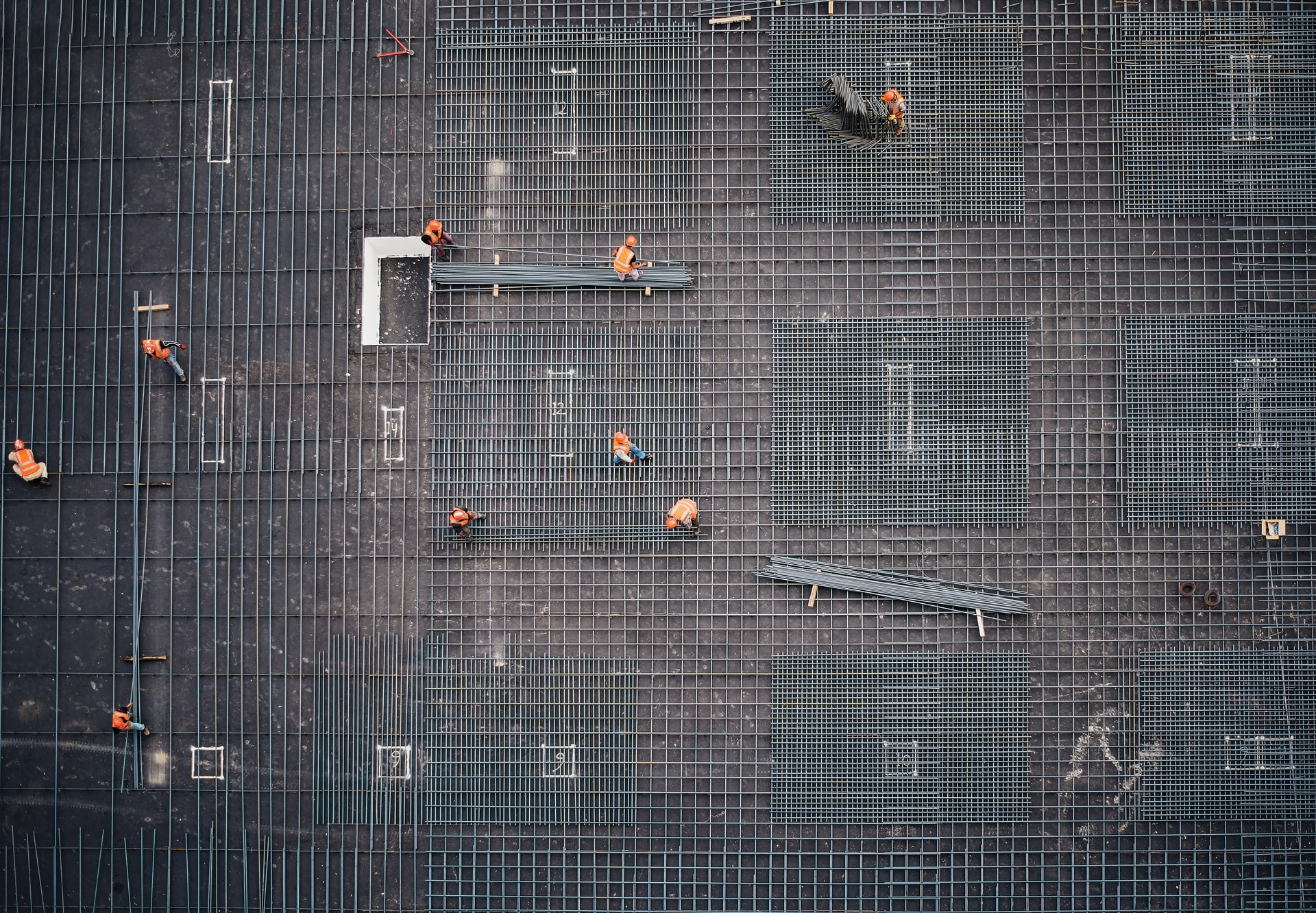With our borders beginning to reopen, 2021 is set to be a year of bumper economic growth for New Zealand.
One area where an enormous sum of cash is being splashed: infrastructure investment. It might seem as though a new roundabout is the last thing anyone needs in a health crisis, and it’s pretty infuriating when you’re stuck in traffic, but infrastructure spending is a powerful tool for economic recovery. Within a decade, every dollar spent on infrastructure generates around $2.70 in returns, according to S&P calculations cited here.
Infrastructure stimulus helps recovery by:
- Creating jobs for a wide range of industries, from labourers to lawyers. For every $1 billion spent, infrastructure projects can create up to 10,000 jobs.
- Targeting spending for specific places, using local workers and boosting a town or part of a city.
- Improving efficiency by making it easier to work and travel around New Zealand, or boosting digital connectivity.
- Making the nation more sustainable by supporting clean energy sources and energy-efficient outcomes.
- Addressing problems that need solving or mitigating, like flood risks from climate change and the housing shortage.
- Building assets that support New Zealand’s future growth. While direct cash stimulus has a part to play in recovery, wage subsidy money is largely spent or saved. Constructing a new water treatment plant or train station leaves behind long-term assets that improve our lives.
To get the maximum benefit from infrastructure spending, projects need to be well-managed. They must deliver measurable results in a timely way, and the assets created need to live up to what they promised. Infrastructure projects that run wildly over time are a problem. Even worse are failed projects – those with such serious problems that they can’t be used for their intended purpose. The disastrous Berlin Brandenburg airport is a perfect example, although at least it’s finally getting some use. This is just more evidence in support of that old industry saying: ‘Every dollar you spend in planning saves two dollars later on.
Well-planned and well-executed projects will help economic recovery in the short term, and in the long term, they help New Zealand thrive as a place to live and work. Try to bear that in mind when the road works are holding you up again!


